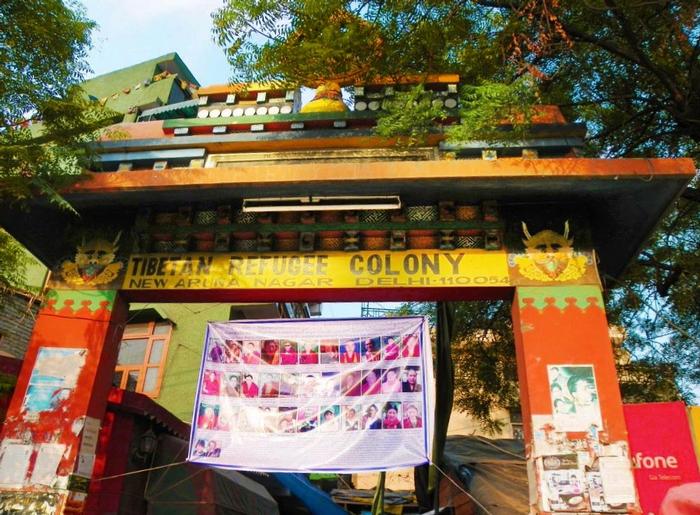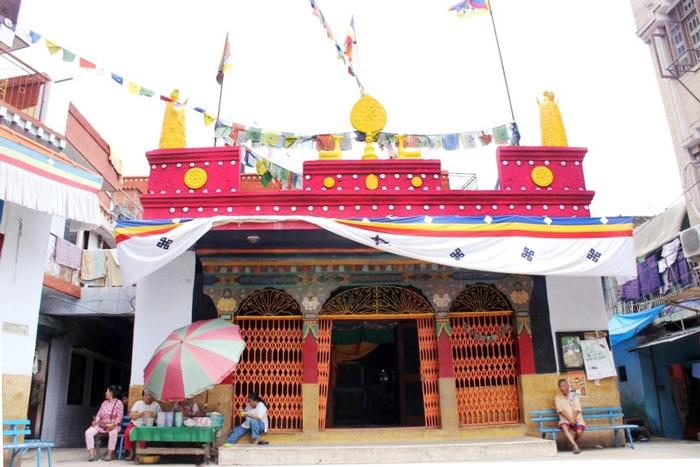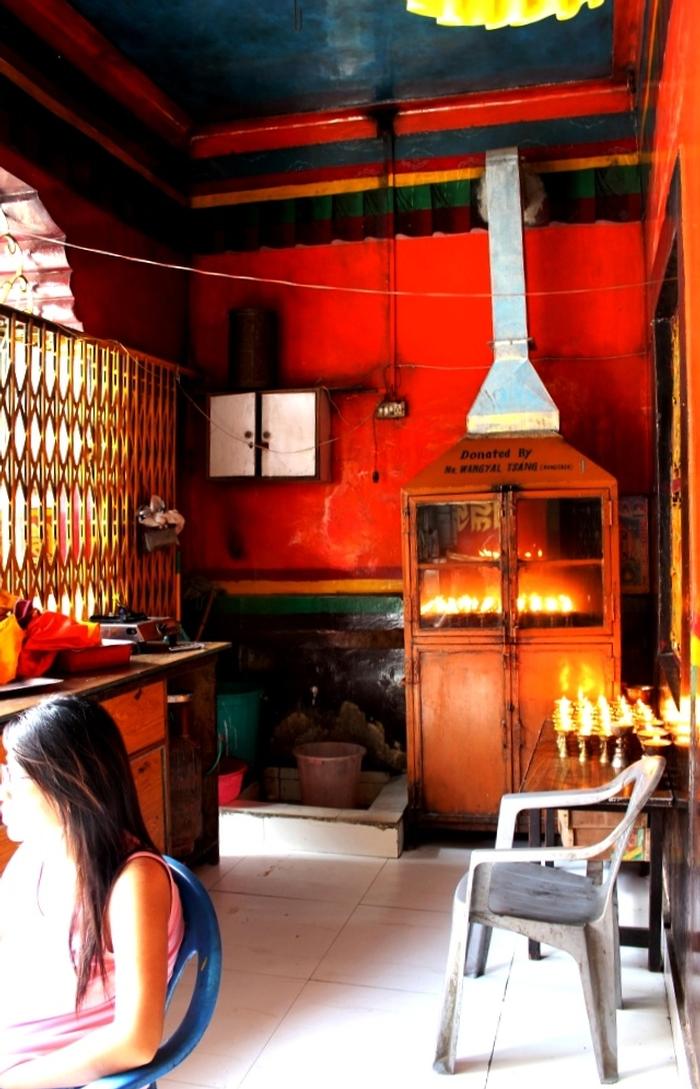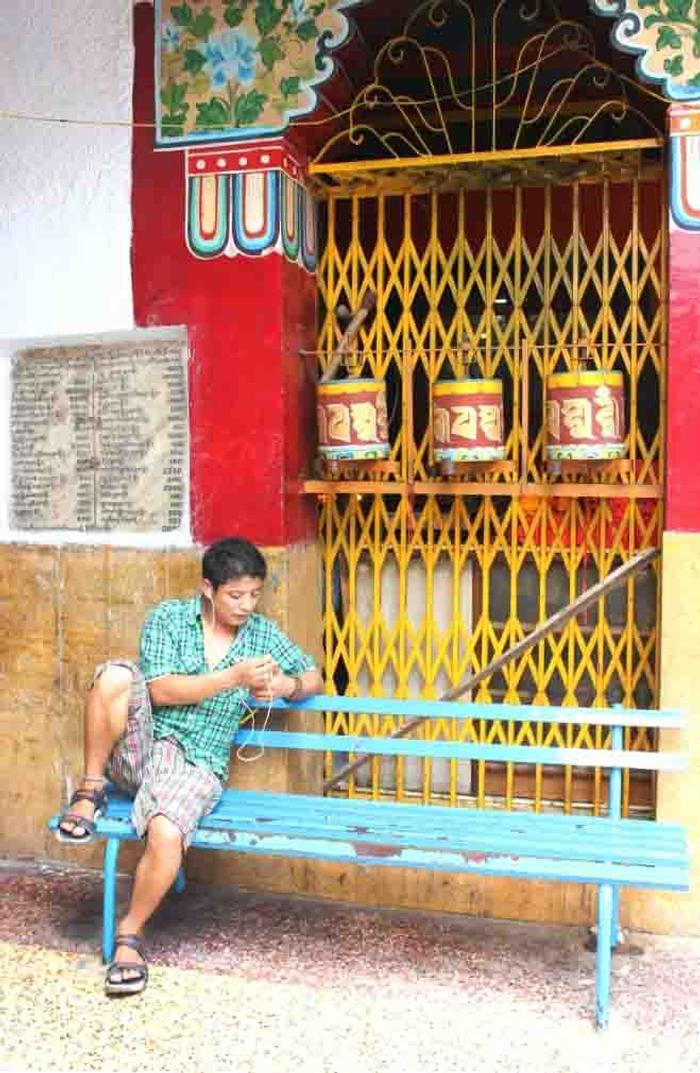Dominic Mathew ProposalMoulding Urban Life : The BMW Guggenheim LabAs part of the Berkeley Prize Essay competition on the topic ‘Designing for the Public Good’, I had studied in depth and detail a Monastery which served as the religious, social and economic space for the refugee Tibetan population in Majnu ka Tilla, New Delhi. Expanding the ambit of my research on this relevant topic I would like to propose attending the BMW Guggenheim Lab in its journey in Berlin in the second half of May. The BMW Guggenheim Lab is a think tank, a mobile laboratory, a public gathering space, a community centre and an action oriented workshop all rolled in one. It is housed in a carbon fibre mobile structure designed by Tokyo architecture firm Atelier Bow-Wow and is sponsored by the BMW and Guggenheim group. The Lab launched on August 3, 2011 in New York offers an array of public talks, workshops and fieldtrips organized around the theme ‘Confronting Comfort’ that explores and implements concepts and designs for the good of the general public. Over the next six years, the BMW Guggenheim Lab will travel to nine cities around the world in three successive cycles, each with its own theme and mobile structure. The BMW Guggenheim Lab will operate in Berlin from May 24 to July 29, 2012. Led by international, interdisciplinary teams of experts in the areas of urbanism, architecture, art, design, science, technology, education, and sustainability, the Lab addresses issues of contemporary urban life through programs and public discourse. Its goal is the exploration of new ideas, experimentation, and ultimately implementing the solutions in its given site which is normally a place that has fallen out of favour with the public because of facing various urban difficulties. My essay explored the various ways the monastery performed its role of a public space, here in this Lab I will get to learn how to spur a community space through the use of architecture and social design. The Lab’s aims are similar to this year’s essay topic, to review the social significance of an area and to incorporate changes in the place through discussion, debate and action. The site of the Lab in Berlin is a borough named Kreuzberg which was one of the poorest quarters in Berlin in the late 1970s but is now undergoing a revival and fast turning into a prominent cultural centre. It is known for its large percentage of immigrants and second-generation immigrants, many of whom are of Turkish ancestry. While Kreuzberg thrives on its diverse culture and is an attractive area for many, the district is also characterized by high levels of unemployment and some of the lowest average incomes in Berlin. In many ways Kreuzberg is a replica on a larger scale of the place discussed in my original essay, the Tibetan settlement of Majnu ka Tilla which immigrants made ‘a home away from home’. The Lab will seek to transform a 8,400 sq. metre site in Kreuzberg into a community place that will be more responsive to people’s needs and make them feel at ease. It will find a balance between notions of modern comfort and the urgent need for environmental and social responsibility. The Lab finds innovative methods to go about the whole process, these include workshops in the Lab’s first leg in New York, there were a wide range of programs that encouraged community engagement and offered insight about today’s dense and changing urban environments. The need for increased involvement of community groups to institute urban change, stronger personal relationships and social interaction within cities to achieve community cohesiveness and an increased focus on the reuse and revitalization of existing physical and organizational structures are some of the concerns that this Lab addresses. Using open sourced technology based models the Lab provides a sustainable and scientific assessment of the places surveyed. Talks, workshops, screenings, special events, excursions and fieldwork sessions helped convert a once rat infested, rubble strewn unusable part of New York City into a vibrant community park. Over the course of my trip I will be exposed to a variety of programs that tackle the problems of urban sprawl, of migration, how our senses sway our surroundings, how the local issues influence architecture and the use of architecture and space planning to effectively improve the area. Interactive workshops, tours to the neighbourhood, design brain – storming to avoid gentrification and sessions to address problem on waste and sustainability are a few of the interesting tasks the Lab will undertake. This trip will help me understand the ways to use a public space while upholding the social, environmental and architectural aspects of the place. Further, I hope to implement what I learn in my own country, India where public spaces are on a decline and the upkeep of existing ones are minimal. Reference: BMW Guggenheim Lab official website -- http://www.bmwguggenheimlab.org/ The official blog -- http://blog.bmwguggenheimlab.org/ Contact Tina Vaz / Betsy Ennis Solomon R. Guggenheim Museum BMW Guggenheim Lab 212 423 3840 bmwguggenheimlab@guggenheim.org Itinerary o 9th July -- Flight from New Delhi to Berlin o 9th July - 29th July -- Join the Lab already in progress in Kreuzberg and spend time getting updated with the design formulations and discourse that have taken place since the start. *In the New York Lab, most of the hands-on workshops were scheduled for the end, when the actual transformation of the space takes place and hence I decided to participate in the last one month of the Lab. (The detailed itinerary of the Berlin Lab is still awaited) o 30th-31st July – Document the transformed space now open to the public and record the user experience, public view and effect of the place on the surroundings using photo essays. o 31st July – Return flight from Berlin to New Delhi Budget o Round trip flight -- New Delhi – Berlin - New Delhi $920 https://www.cleartrip.com/flights/itinerary/7312b40f72-4aa2-4cbd-8650-055e00b205c0/info o Course and Registration fees – The Lab is open for everyone free of cost o Accommodation – Hostel $955 (for 22 nights) http://www.hostelworld.com/hosteldetails.php/36-ROOMS-Berlin-Kreuzberg/Berlin/35359 o Food (Breakfast, lunch and dinner) --$30 per day, $660 o Travel and transportation (bus, rail pass) and miscellaneous expenses -- $20 per day, $440 Total expenditure -- $2975
Additional Help and InformationAre you in need of assistance? Please email info@berkeleyprize.org. |
|




